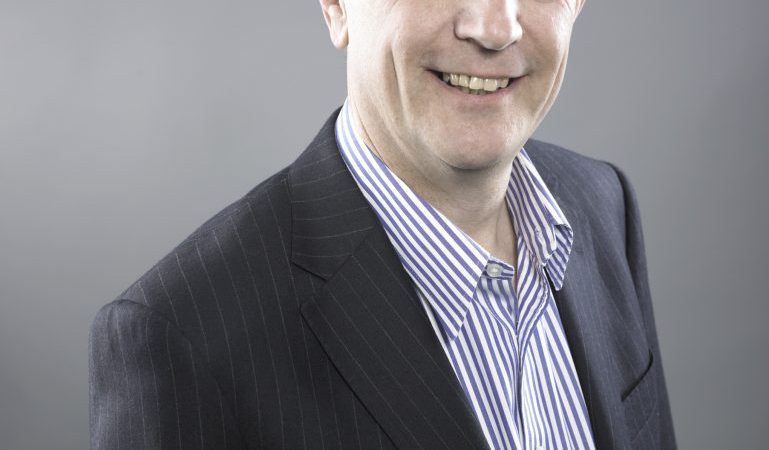
In conversation with Innovation Board Member, Dr Colin Herron from electric vehicle consultancy Zero Carbon Futures
The future is electric and the North East is in pole position to take the lead
The widespread adoption of electric vehicles (EV) is something that the North East has been gearing up to for the last six years and it is recognised as one of the North East LEP’s smart spec areas. Since 2013, the manufacture of the all-electric Nissan LEAF has been happening here in Sunderland and many companies, including ourselves, have been working on projects, research and product development surrounding the emergence of this technology.
Change is certainly coming. Latest figures published by the Society of Motor Manufacturers and Traders show that electric car sales in the UK are rising at a dramatic rate. There are now on average around 2,400 electric cars registered each month which represents just over 1% of the total new car market.
However, I would argue that we’re nowhere near there yet. The driving range of the current electric vehicles on the market is currently good but not good enough. I have driven 20,000 miles in my Nissan LEAF so I can speak from experience when I say that we need more powerful batteries and faster charging. What I really want is to be able to drive 150 miles on one charge and for a charge to take around 10 minutes. That will be the game changer for electric vehicle sales.
It was therefore a significant announcement made by Nissan at the start of this year that they would be investing in the production of the future generation of electric vehicle batteries at its Sunderland plant. This commitment signals Nissan’s vision for zero-emission motoring and is also great news for the region – safeguarding 300 highly-skilled jobs in manufacturing, maintenance and engineering.
It’s also good for the electric vehicle industry in the region. At the same time, Nissan also announced a new project, supported by the UK’s Advanced Propulsion Centre, which will team the company with partners including Zero Carbon Futures, Hyperdrive Innovation and Newcastle University to work on battery development projects. This project will keep help our expertise to grow.
Of course with more powerful batteries comes the need for increased charging capacity. Charge points are going to need to get better and faster. So this announcement links with another coup for the region. In January, it was announced that the North East Combined Authority has been awarded £1.5 million from the Government’s ‘Go Ultra Low’ programme. The funding will help the region develop the next generation of charging facilities in the shape of new electric vehicle filling stations. The stations, which will be situated on the Science Central development in Newcastle and on the A19 on the outskirts of Sunderland, will echo a conventional fuel station in image incorporating 6 – 8 rapid charge points and perhaps even café facilities making filling up with electricity an acceptable norm. This filling station model will be a first for the UK and it will be something that other cities will be watching with interest.
Having worked in the automotive sector for the last 40 years, there’s never been a more exciting time than now. It’s great that the North East has proven itself to be a forerunner in electric vehicles and these announcements will make sure that we stay ahead of the game when it comes to future developments.
Dr Colin Herron is a member of the North East LEP Innovation Board and managing director of electric vehicle consultancy Zero Carbon Futures
